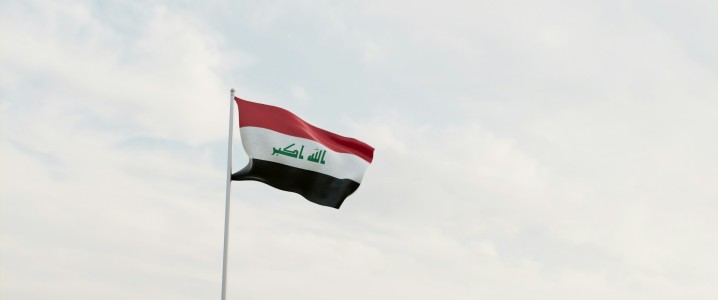
Iraq’s state oil marketing organization, known as SOMO, is actively engaging with Exxon to identify potential crude oil storage sites near key demand markets in Asia, the United States, and Europe. This initiative aims to establish a more stable market for Iraqi crude oil, as noted by Ali Nizar, the director general of SOMO.
In a statement, Nizar emphasized the need for strategic storage solutions, commenting, “We, as SOMO, are in need to create a stable market for Iraqi crude oil, and to have good strategic storage for Iraqi crude oil and oil products in the future as well.” The discussions include possibilities for utilizing existing facilities or constructing new storage sites tailored to major markets, particularly in Singapore.
Strategic Importance of Global Storage
Iraq, the second-largest oil producer in OPEC, is not alone in exploring overseas storage options. Other oil-rich nations in the Gulf, such as the Abu Dhabi National Oil Company (ADNOC), have already established a presence in international markets, utilizing storage sites in India, the world’s third-largest crude oil importer.
Recent geopolitical tensions and threats to vital shipping routes, including the strategic Strait of Hormuz, have intensified the urgency for Middle Eastern oil producers to secure storage capacities outside their home regions. This proactive approach is seen as a necessary measure to mitigate risks associated with potential supply disruptions.
Iraq’s Production Goals and Future Prospects
In addition to storage discussions, Iraq is focused on increasing its oil production capacity. The country has entered into a significant partnership with BP valued at $25 billion to redevelop the Kirkuk oil fields. This collaboration is projected to unlock up to 20 billion barrels of oil equivalent resources, a substantial boost for Iraq’s energy sector.
The agreement aligns with Iraq’s ambitious plan to elevate its oil production capacity to over 6 million barrels per day (bpd) by 2029, a notable increase from the current output of approximately 4.5 million bpd.
As Iraq navigates these developments, the global oil market will closely monitor the outcomes of these strategic initiatives aimed at enhancing both storage capabilities and production levels.






